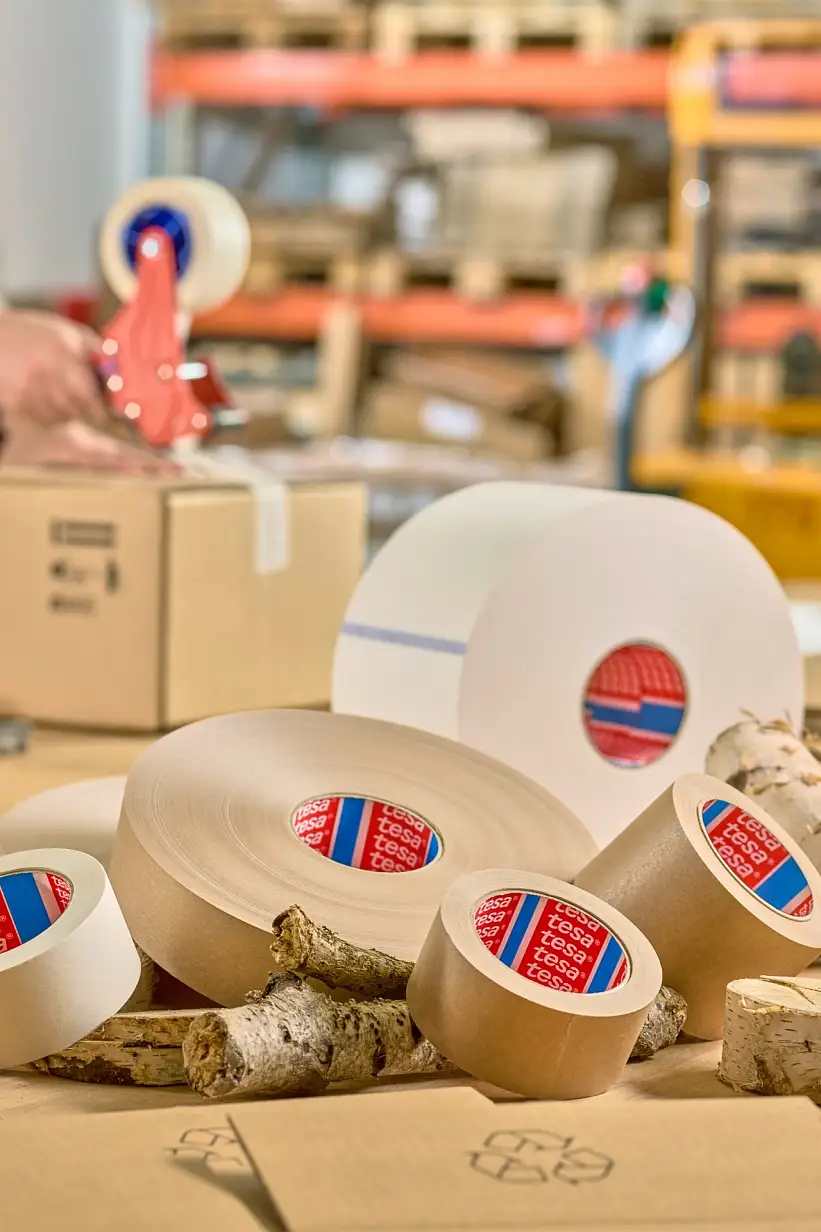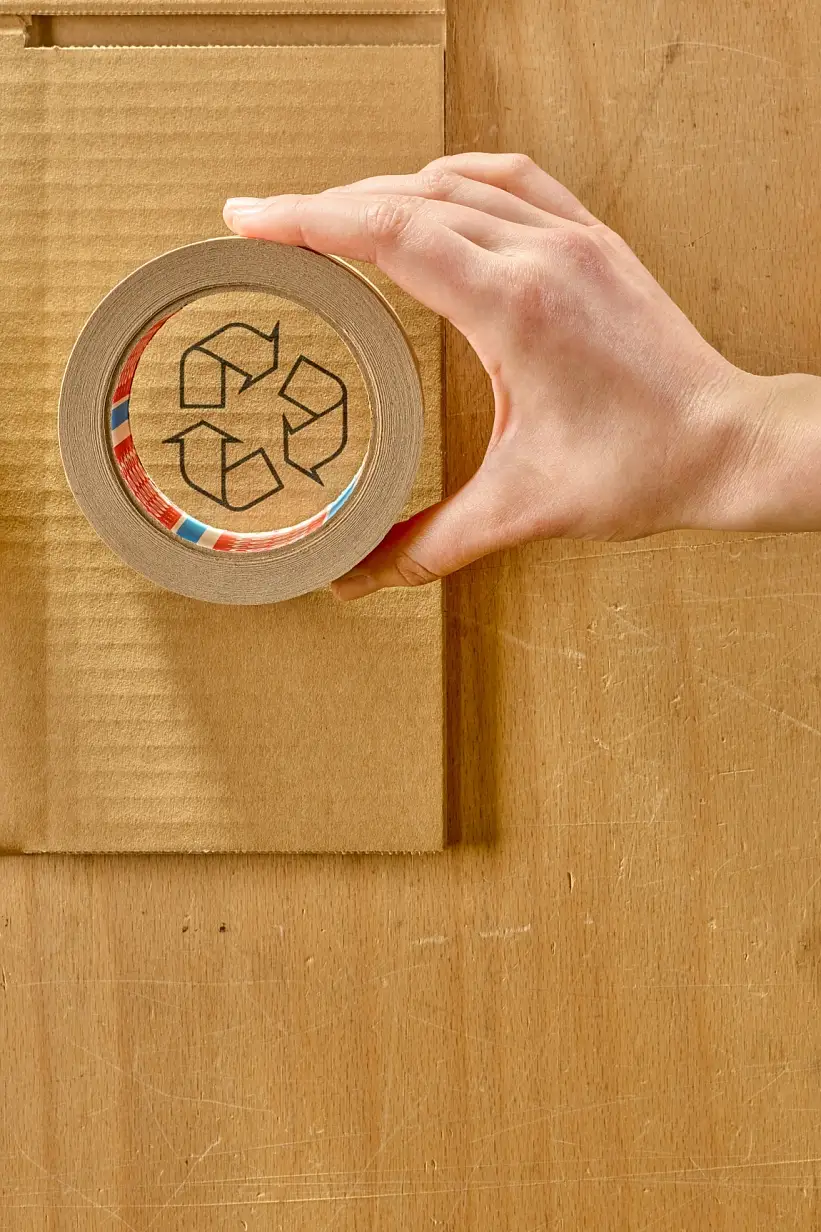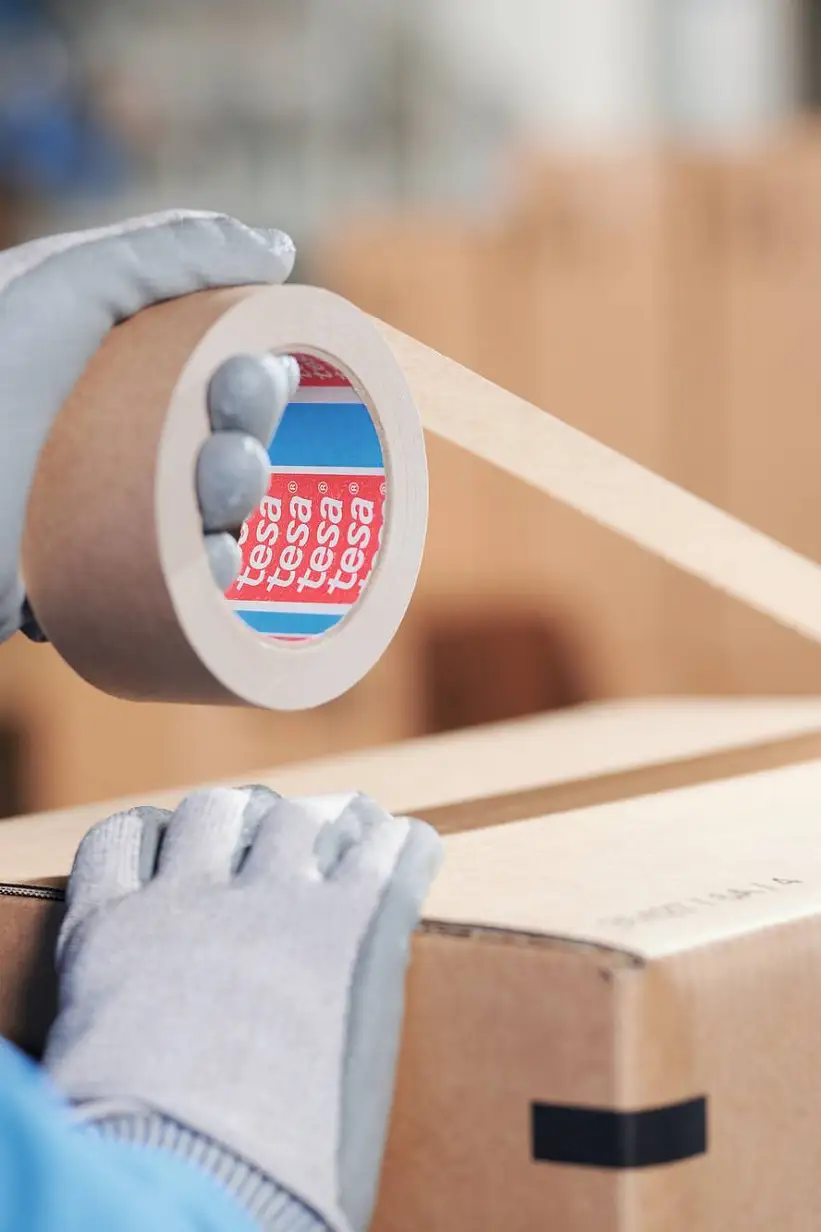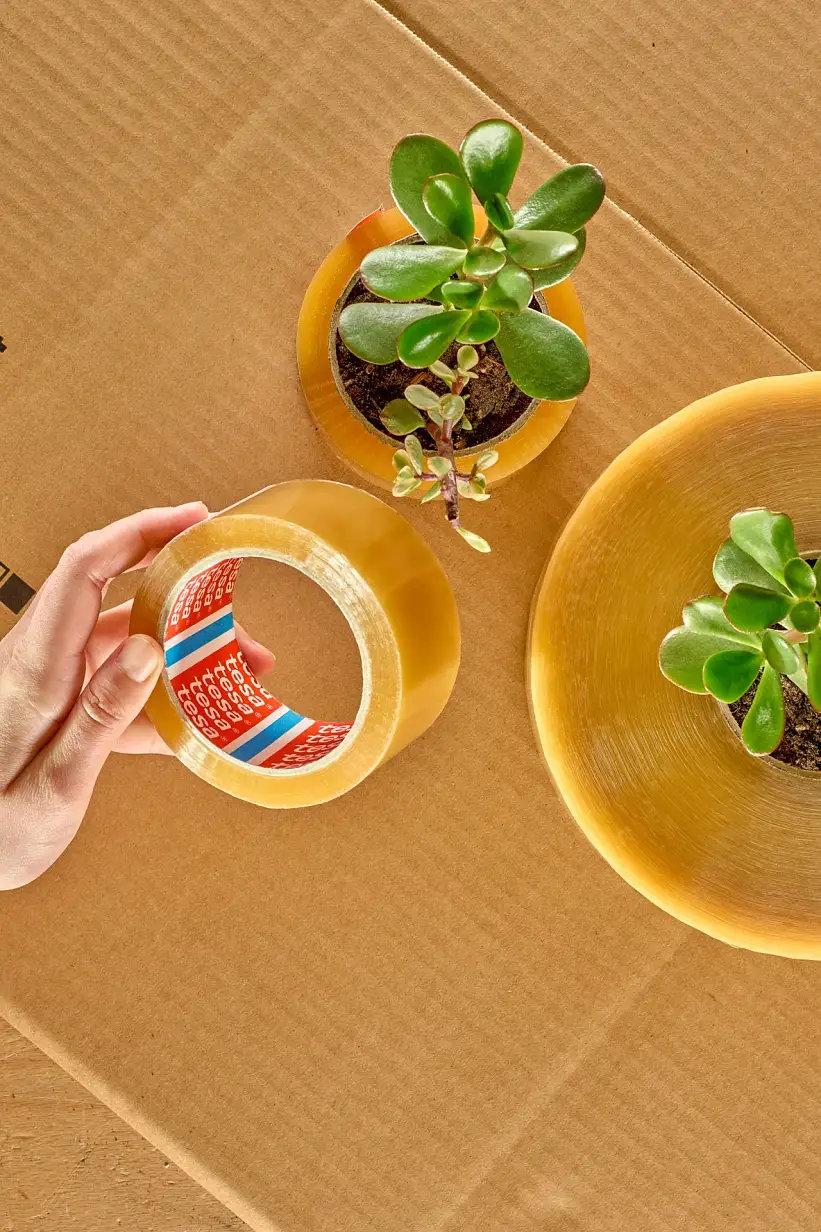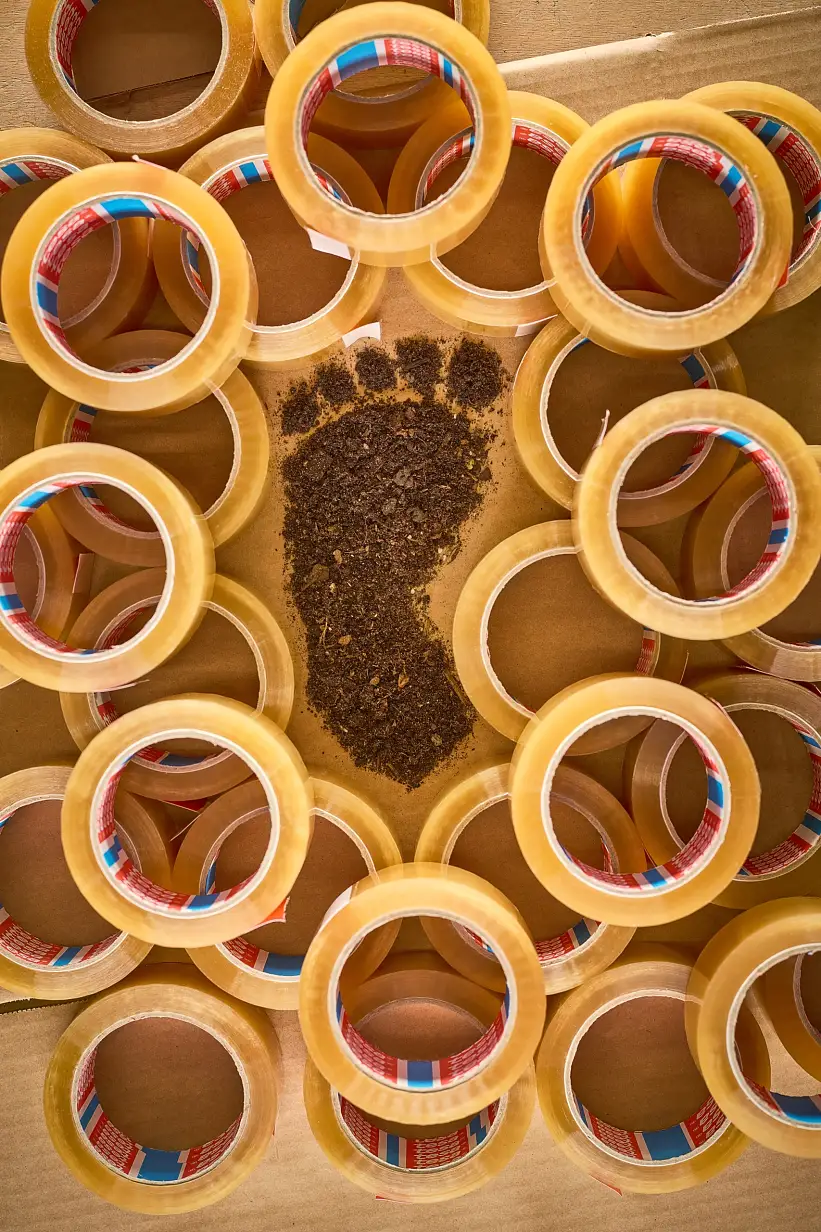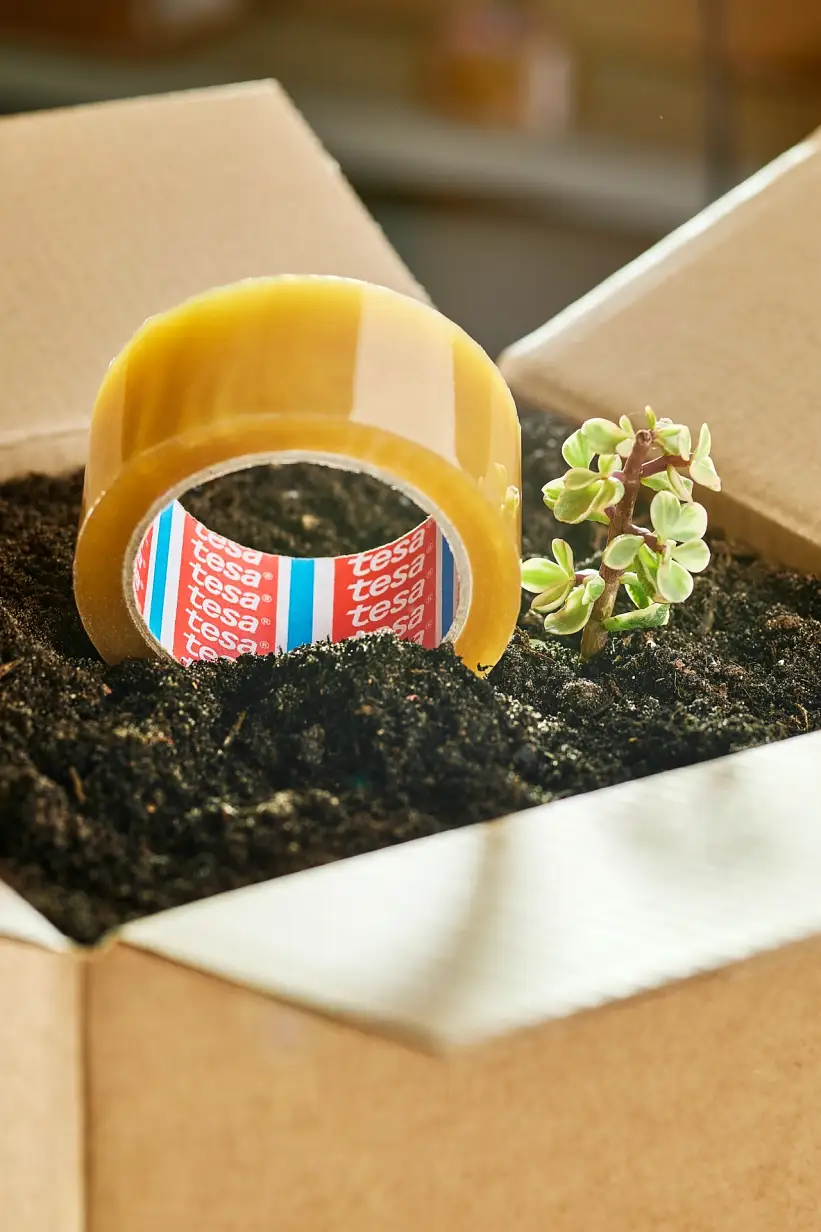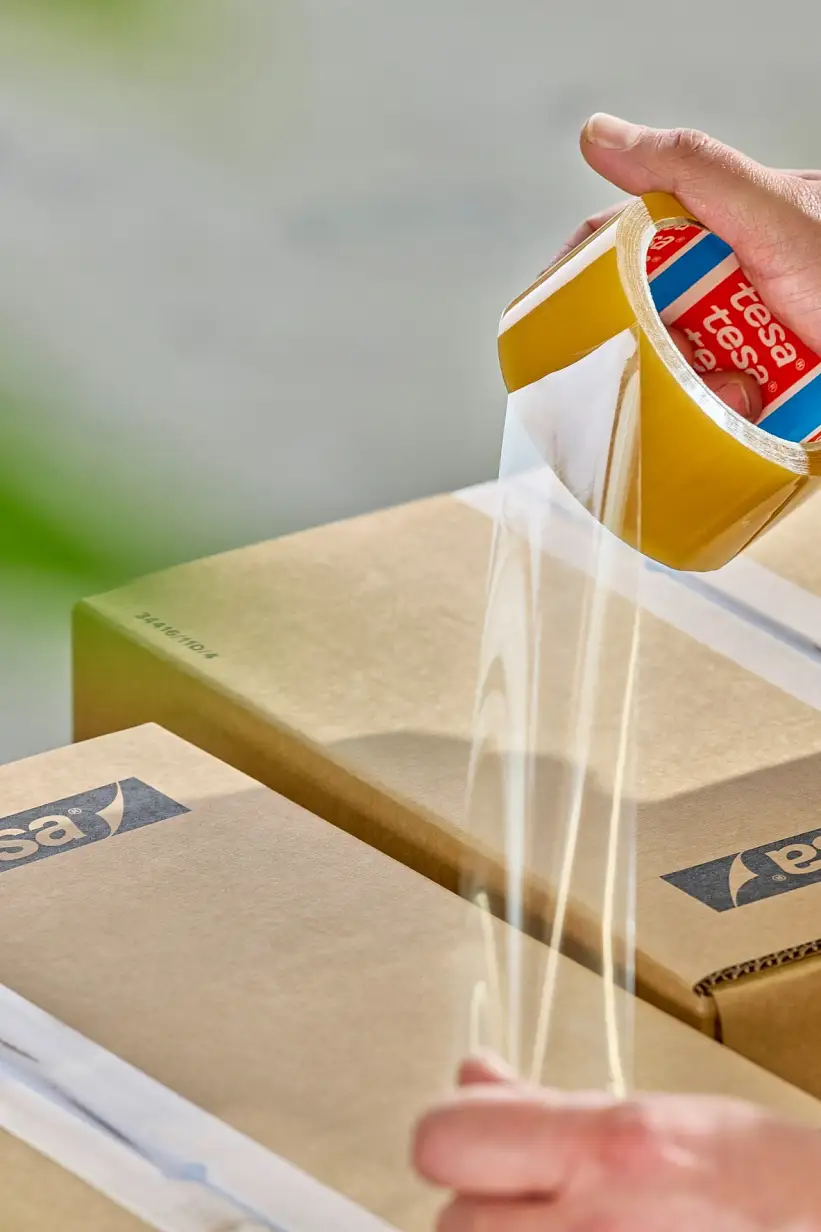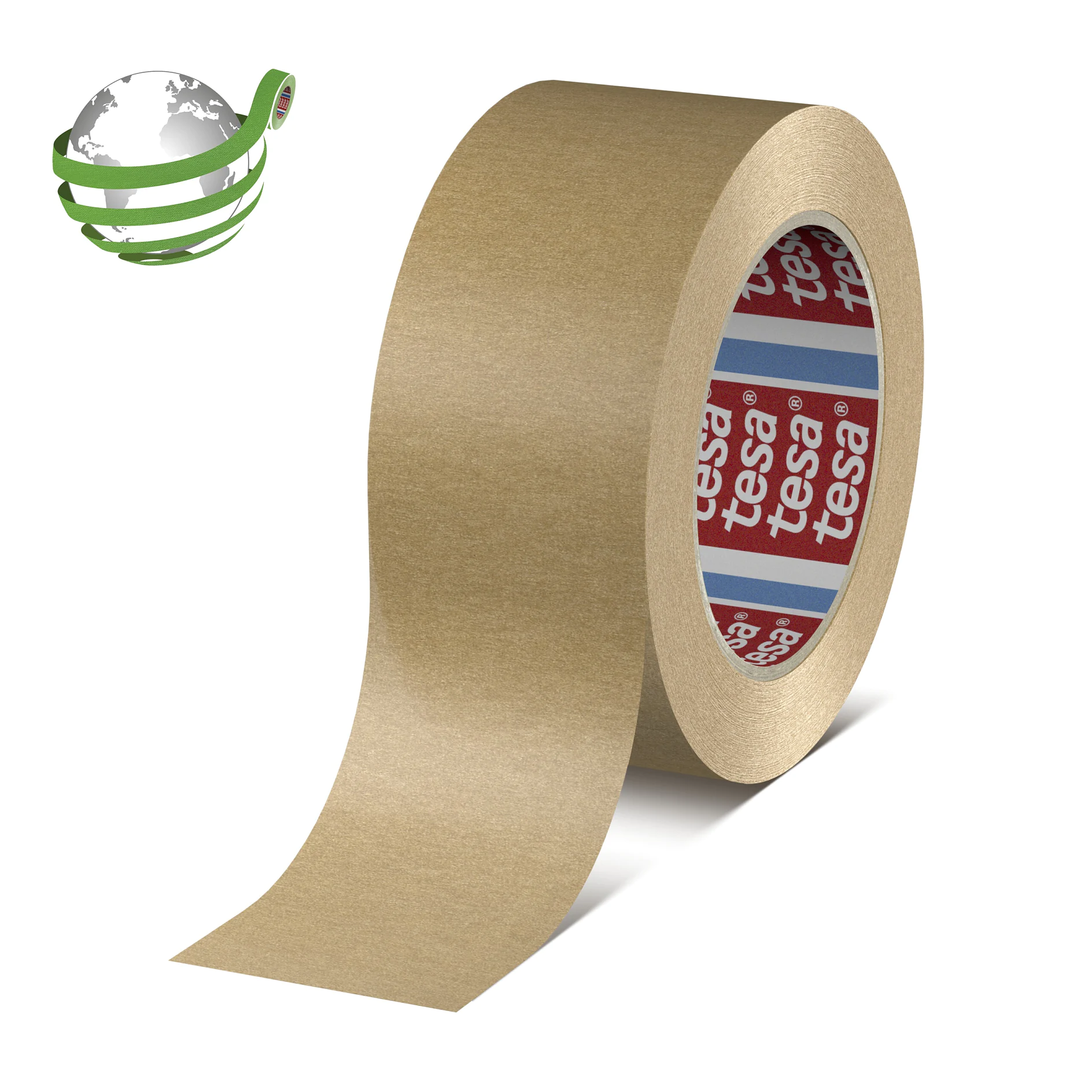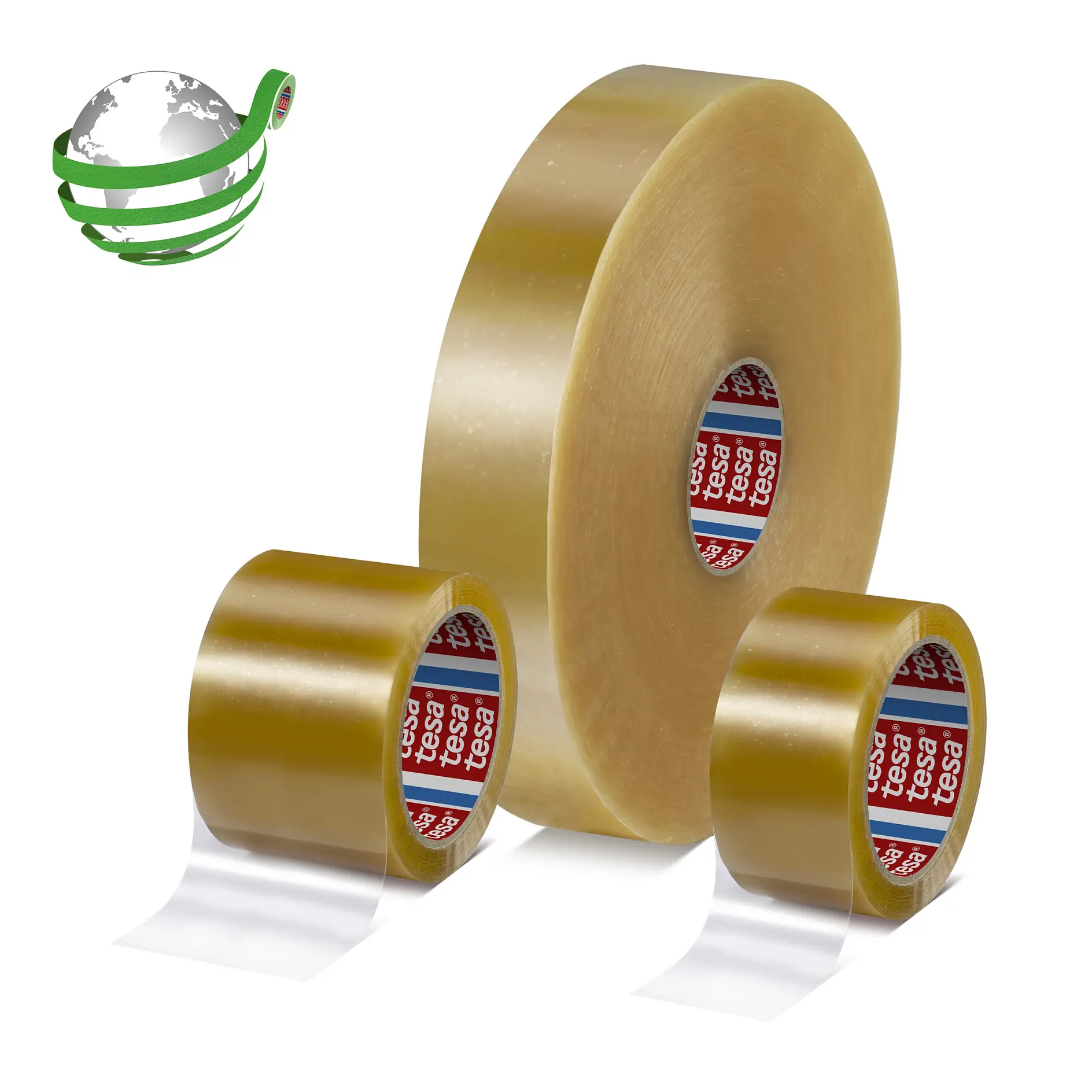Climate change is increasingly affecting our day to day life. Extreme weather events such as droughts, fires, floods and storms are becoming more frequent. Rising sea levels and temperatures pose a threat to our delicate ecosystem. Every country in the world is dealing with climate change and its impact.
Single use plastics (including traditional packaging tapes) contribute to climate change. They are produced from non-renewable resources and can break down into microplastics which pollute our oceans, rivers and land.
One form of single use plastic that is rapidly increasing is traditional packaging tapes. Each year we consume 915 billion meters of single use plastic packaging tape globally, which is the equivalent distance of travelling from Earth to Mars and back twice. A contributing factor of this increase is the rise of E-commerce, which has been further amplified as we adapt through the pandemic.
E-commerce in Australia is rapidly growing as more consumer goods are being transported in single parcel shipments, resulting in the increase of landfill due to widespread use of these plastics. According to Australia Post, online shopping reached an all-time high in 2020, with online purchases growing 57% year-on-year, reaching a total online spend of $50.46 billion in Australia.
tesa are actively working with customers and industry bodies to develop new and cutting edge sustainable packaging tape solutions for the industry. Our latest addition includes packaging tapes made with paper from well-managed FSC® certified forests and other controlled sources and Bio-based materials.

